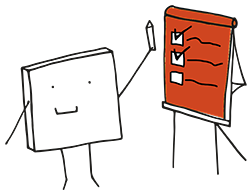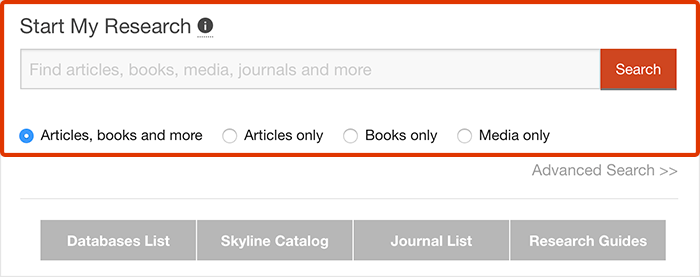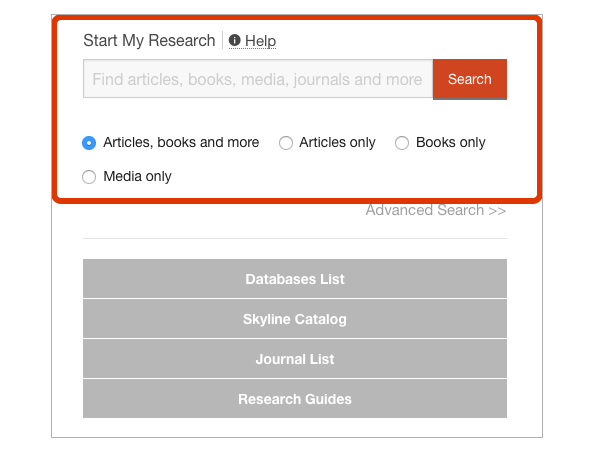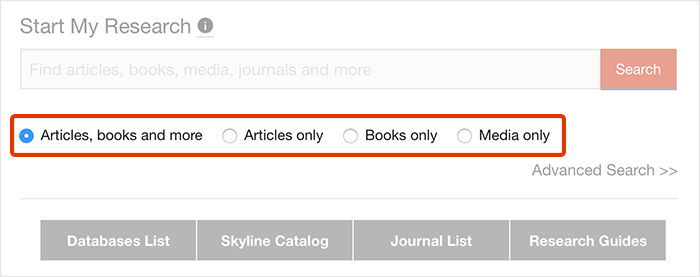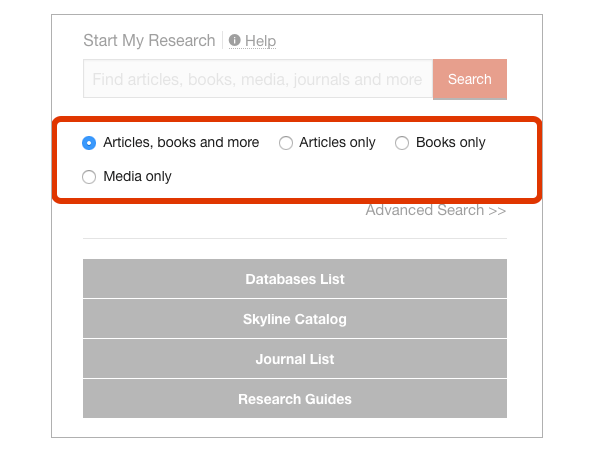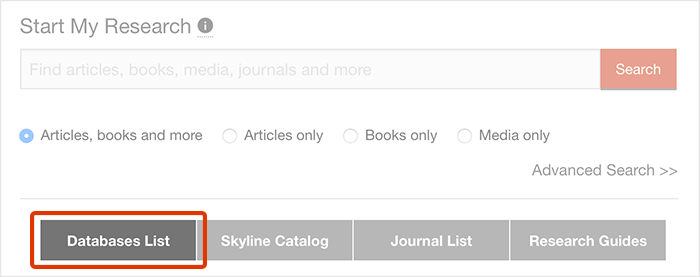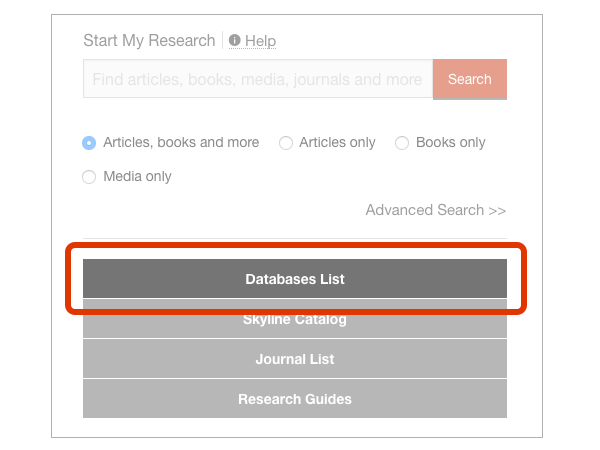Researcher Support Services
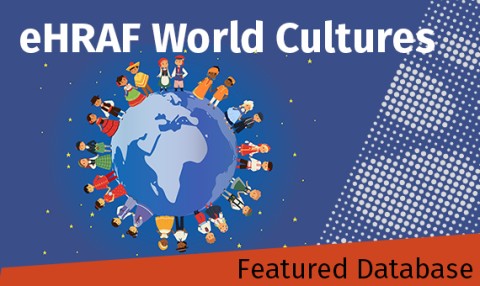
Featured Database: eHRAF World Cultures
You can use databases to easily find organized collections articles, journals, news, streaming videos, primary sources, data, and more!
Here’s one of our unique databases:
What’s in it?
eHRAF World Cultures contains ethnographic collections covering all aspects of cultural and social life worldwide. Summaries contain information about the economy, history and cultural relations, family and kinship, sociopolitical organization, religion, and more of over 300 cultures. eHRAF is unique in having subject indexing at the paragraph level, which allows detailed and precise searching for concepts not easily found with keywords.
Why should you use it?
EHRAF is a unique database because anthropologists at HRAF meticulously index each and every paragraph. The collections are organized by regions, subregions, and cultures, which makes it easy to browse. You can also browse by subject or use a powerful advanced search to find materials of interest. The database includes materials covering Indigenous peoples and ethnic groups as well as immigrant cultures in the U.S. and Canada. The database includes over 600,000 pages.
Who should use it?
Anthropology, archaeology, sociology, ethnic studies, Africana Studies, modern languages, and related studies students, staff, instructors, and faculty. Or anyone interested in the cultural and social life of communities worldwide!
Why use a database?
When you use a specific database, rather than a search engine or discovery tool, you often can find more relevant sources. For example, subject databases include sources about that subject only, rather than a general search engine or discovery tool that includes information about everything. This way you don’t have to wade through thousands of irrelevant results!
Want more databases?
Browse or search our Databases List!
If you have questions about this database or others, please see our Ask Us page.


